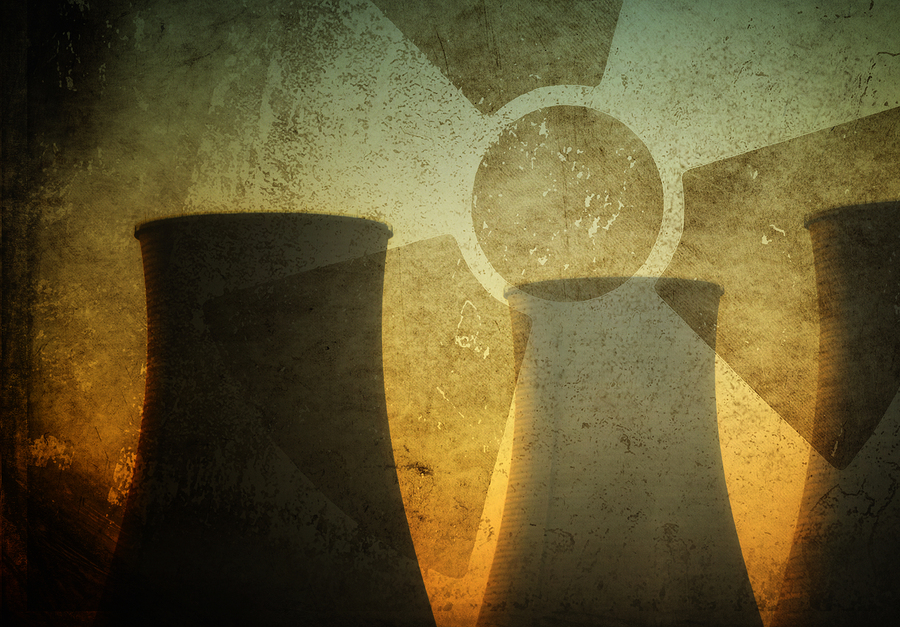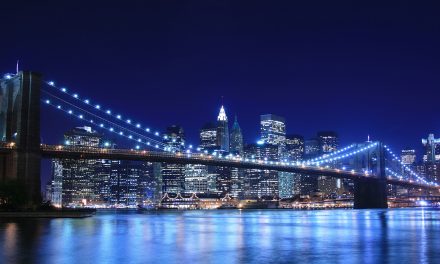Takashi Kawamura, the chairman of the Tokyo Electric Power Company, recently announced that the Fukushima Daiichi nuclear plant would be dumping “777,000 tons of waste containing tritum”1 into the Pacific Ocean. (As you will remember, Fukushima suffered a triple core meltdown in 2011 after a terrible tsunami.)
RELATED ARTICLE:
WHAT?
Yes, apparently there is a false but prevailing opinion that the waste isn’t dangerous. Something that is patently false.
Shunichi Tanaka, the chairman of Japan’s Nuclear Regulation Authority, has said that the radioactivity in tritium is so weak that it “won’t penetrate plastic wrapping,”2 but that doesn’t mean it’s safe. In fact, Mozhgan Savabieasfahani, an environmental toxicologist said, “Imagine a toxic particle that can freely travel through our cells and bind to every molecule of life in our bodies and cause damage. Tritium is a carcinogen, a teratogen and a mutagen all rolled into one.”3
She went on to say:
“The release of thousands of tons of radioactive tritium by a giant utility company into our aquatic and natural environments is a blood-chilling prospect. Where are the defenders of our public’s health? If they could pull the plug out of their mouth, they could tell us that tritium is a toxic radioactive isotope of hydrogen, and that, once released, tritium cannot be removed from the environment. Let that sink in.”4
The Nuclear Information and Resource Service says that tritium will actually bind anywhere hydrogen does- including water, plant, animal, and human tissue. Even the smallest amount can do major damage.
RELATED ARTICLE:
However, Kawamura simply doesn’t care. Even though nuclear experts, toxicologists, and local fishermen are worried, they are proceeding anyway.
If you haven’t already stopped ingesting fish caught in the Pacific, it’s time to stop now. And if you live in California, be aware that once that chemical is released into the Pacific, it’s coming your way sooner rather than later.
Please share this. Let’s make our voices heard. Until the waste is released there is time. Not just for the Japanese, or the fishermen, but for our oceans and our world.
After all, we’ve only got one.
XO- Erin
RELATED ARTICLE:












